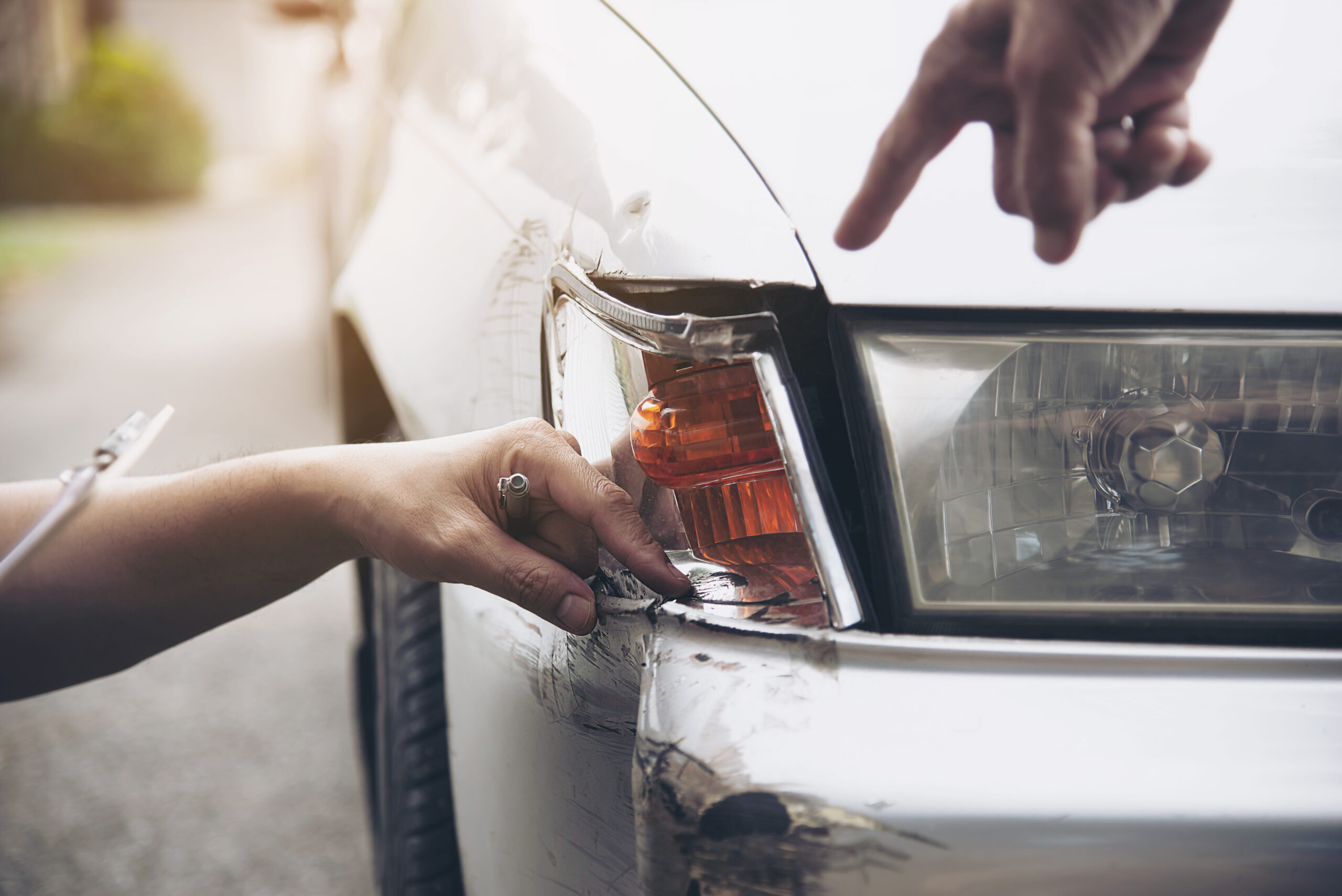Now Reading: 11 Vital Steps to Take After a Car Accident in Washington State
-
01
11 Vital Steps to Take After a Car Accident in Washington State

11 Vital Steps to Take After a Car Accident in Washington State
Car accidents are a common occurrence, often resulting in injuries, death, or destruction of property. In Washington State, there are steps that you need to take after a car accident to ensure that everyone involved is safe and you protect your legal rights. Here is what you need to do after a car accident!
1. Stay at the Scene
Staying at the scene is critical to ensure everyone’s safety and to exchange information with the other drivers. However, it does not mean conversing with them beyond contact and insurance details. Don’t apologize for anything, and don’t say a word that might later affect the amount of compensation you could receive.
2. Check for Injuries and Call 911
It is best to call 911 as soon as possible so that they can send an ambulance to the scene of the accident and evaluate your injuries and take care of your immediate needs. Even if you don’t feel pain or discomfort after the accident, seeking medical attention is essential. Some injuries may not be evident right away. Seeking medical attention can help prevent any future complications.
3. Move to Safety
If the accident is minor and the cars are causing a hazard or a nuisance for the other traffic participants, move them to a safe location on the side of the road or to a nearby parking lot. Nevertheless, it is best to wait for the police to overview the situation and direct traffic accordingly.
4. File a Police Report
Immediately call the police and report the accident. A police report is an essential document that can help protect your legal rights and ensure the accident is properly documented. It is also important to ask the police for a copy of the accident report because some insurance companies may ask for it as part of the claims process.
5. Contact an Attorney
If you have sustained any injuries or property damage due to the auto accident, contacting a Kent, WA car accident lawyer is the best strategy. An attorney can help you with the following:
- Stay on top of the situation by talking with the paramedics and the police if necessary, requiring reports, and engaging in preliminary case investigations.
- Ensure that your rights are protected when discussing the accident with the other driver, the witnesses, and the insurance adjuster (if their presence is required).
- Navigate the legal aspects of your accident, starting at the scene and ending with you reaching a satisfactory settlement.
6. Exchange Information
After ensuring everyone is safe, you should exchange information with the witnesses, other drivers, and passengers involved in the accident. This information should include names, phone numbers, addresses, insurance, and vehicle information. Again, it is best to move forward to this step only after your attorney arrives at the scene and advises you on what to do and what to say.
7. Take Photos and Gather Evidence
After you exchange information, take photos of any damage to the vehicles, the position of the cars, and any skid marks on the road. Also, gather any significant evidence of the accident. Doing this will help your attorney determine negligence faster and get you better compensation.
8. Contact Your Insurance Company
If you have auto insurance, contact your insurance company and provide them with all your information. If there is damage to your vehicle, they will arrange to tow it. However, let your attorney talk while you are at the accident scene and later when you file your claim. Even if you will receive some damages under the state’s pure comparative negligence doctrine, it is best to allow your lawyer to do everything possible to maximize your compensation.
9. Stay Calm and Carry On
It is essential to stay calm and think rationally after the accident. Getting angry or upset will not help the situation. Try not to engage in blaming or name-calling and get back to your normal routine so that you can deal with the aftermath of the accident. More importantly, don’t discuss any details of your accident on social media.
10. Keep Track of Expenses
Keep track of medical bills, car repairs, and rental car fees. These expenses can be reimbursed by your insurance company or the other driver’s insurance company in a successful claim.
11. Be Wary of Insurance Adjusters
Insurance companies can be tricky to deal with, but it’s essential to make sure you follow up with them. Keep track of all your correspondence and record your phone calls and in-person meetings.
Insurance adjusters may try to settle your claim quickly for less money than you deserve. Be wary of any offers. Always have your attorney by your side when negotiating and accepting a settlement.
The Bottom Line
In conclusion, being involved in a car accident can be stressful and traumatic, but knowing the steps to take can help protect your legal rights and ensure everyone is safe.










